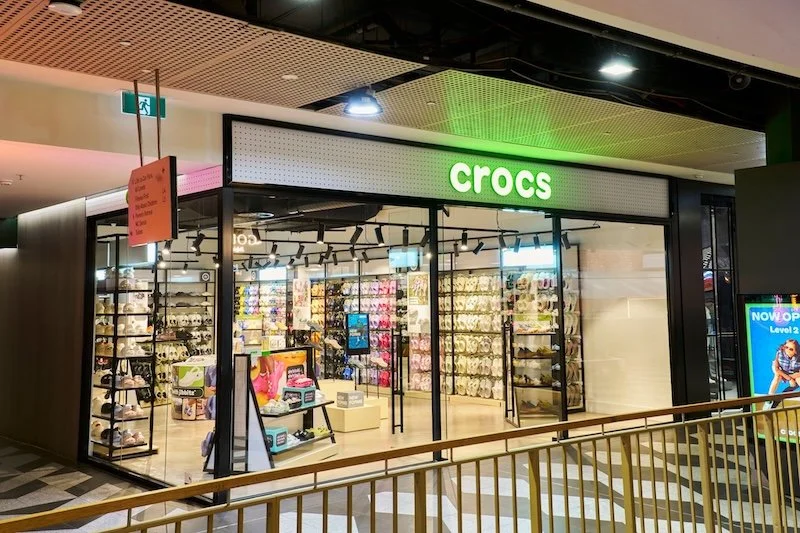How will blockchain benefit retailers?
By Alastair Johnson, Founder & CEO, Nuggets
Online retailers today face a handful of hurdles, most stemming from the payment process involved with e-commerce. From the ‘abandoned shopping cart’ issue (it’s been estimated that almost 70% of shoppers leave their purchase at checkout) to individuals losing faith in the retailer’s ability to keep their details safe, there’s a range of issues that demand a remedy as the e-commerce sector continues to grow. Blockchain technology may be the saving grace that the industry needs.
Abandoned cart recovery statistics 2020
In the UK, it’s estimated that retailers lose out on a whopping £18 billion in profits, all of which are down to this virtual window-shopping phenomenon – selecting a handful of items and adding them to the cart, but leaving the purchase before checking out.
Although e-commerce merchants are unable to capture the exact reason for this figure, I believe that the problem arises from a poor experience at checkout – whether it’s the clunkiness of the process, or the lack of trust that the merchant is able to protect payment details, companies should consider better ways of assuring purchases are completed.
Improving the checkout experience
Blockchain technology is precisely the sort of development that can change the face of the online shopping process. Consumers using a platform based on a decentralised ledger are privy to a more seamless experience that doesn’t sacrifice their privacy. With zero-knowledge storage, an individual can simply upload their payment details (or identification, for verification purposes), encrypt these, and store them in a container visible only to themselves.
This ensures that they retain full ownership over their own data, but at the same time allows them to reveal it at checkout. It’s a stretch to say anything is ‘unhackable’, but blockchain technology comes close: to compromise the network, a malicious actor would need to control over half of the nodes validating transactions (considering these are spread across the globe, such a feat is technically impossible).
On the convenience front, it means that, when it comes to payment, there’s no fiddling with a plastic card, squinting to read the various bits of information as you type them in. The user can authorise a payment without any of the traditional hassle.
Facilitating global payments
It’s worth examining the trends of where customers are shopping, too: over halfhave been revealed to shop abroad, with 67% attributing this decision to cheaper prices. It’s now more important than ever, as cross-border shopping becomes increasingly popular, for merchants to adopt a payment system that promises a smooth experience irrespective of location.
The cryptocurrency movement has made transacting internationally much easier, and leveraging a system such as the platform mentioned above, retailers would be able to offer their goods and services in exchange for a range of currencies.
Lessening the data security burden
The issue on everyone’s minds, particularly in recent months, is that of data security. The Cambridge Analytica scandal, and, prior to that, the Equifax hack, are just two examples of an alarming proliferation of data breaches.
Such devastating compromises have prompted a renewed understanding of the importance of keeping personal information secure, whilst at the same time leading to a loss of consumer confidence in companies handling this. Businesses should no longer be looking to build taller/thicker walls, but to instead avoid needing to build silos for user data altogether.
With blockchain technology, this is achievable (with the added bonus of lessening a company’s responsibilities under GDPR). Both consumers and merchants benefit from a system where the former are in complete control over their own data: the user’s threat model no longer needs to include the large attack surface that is trust in third-parties, and the retailer does not need to take on the responsibility of protecting the user data.
Blockchain technology is set to make waves in many industries. As e-commerce becomes more important, it’s imperative that it adopts new methods of processing payments that do not sacrifice the privacy and security of their users.










Continue reading…